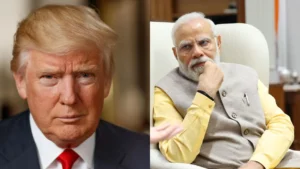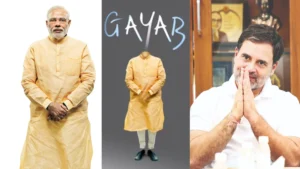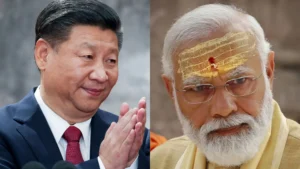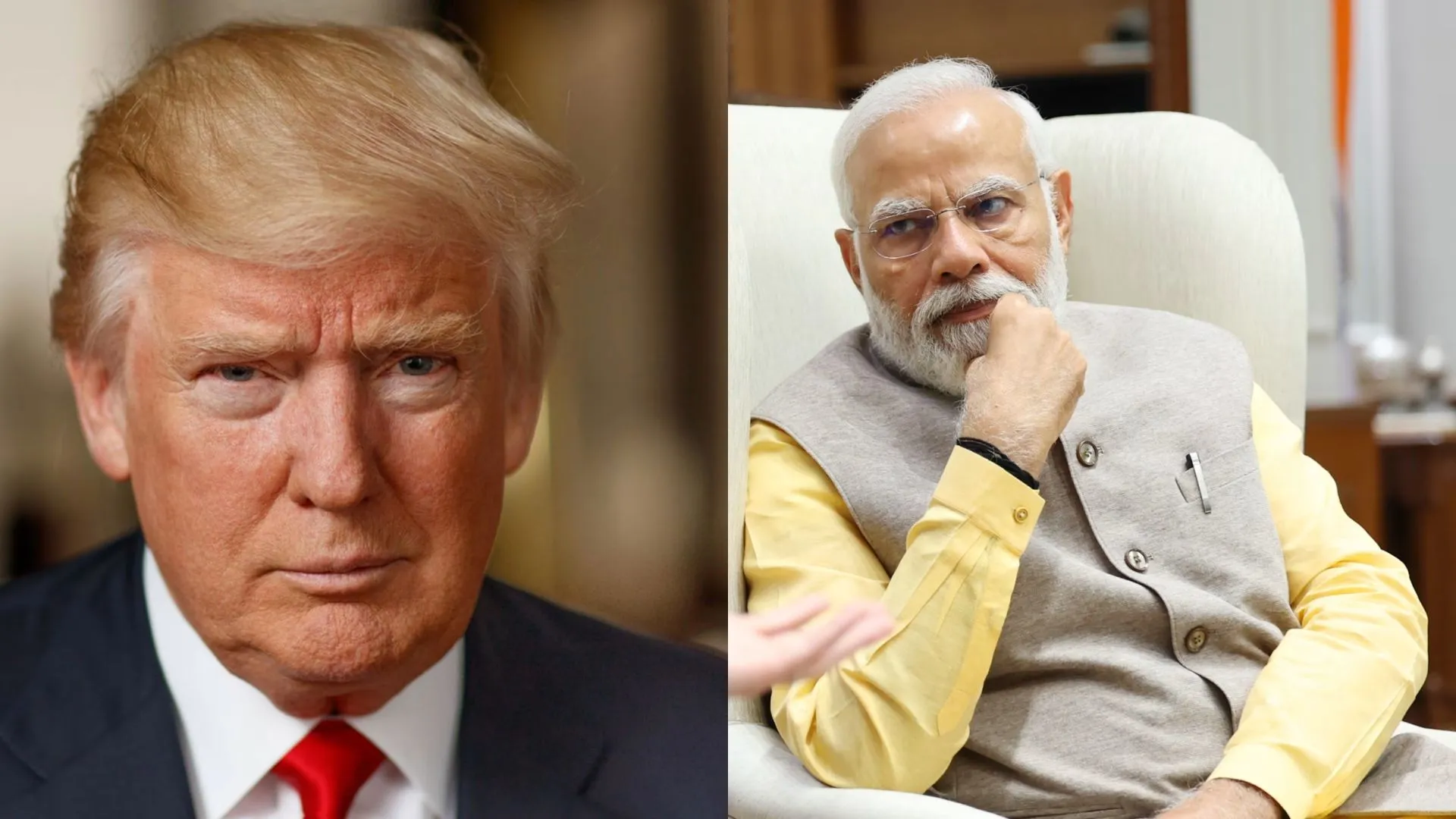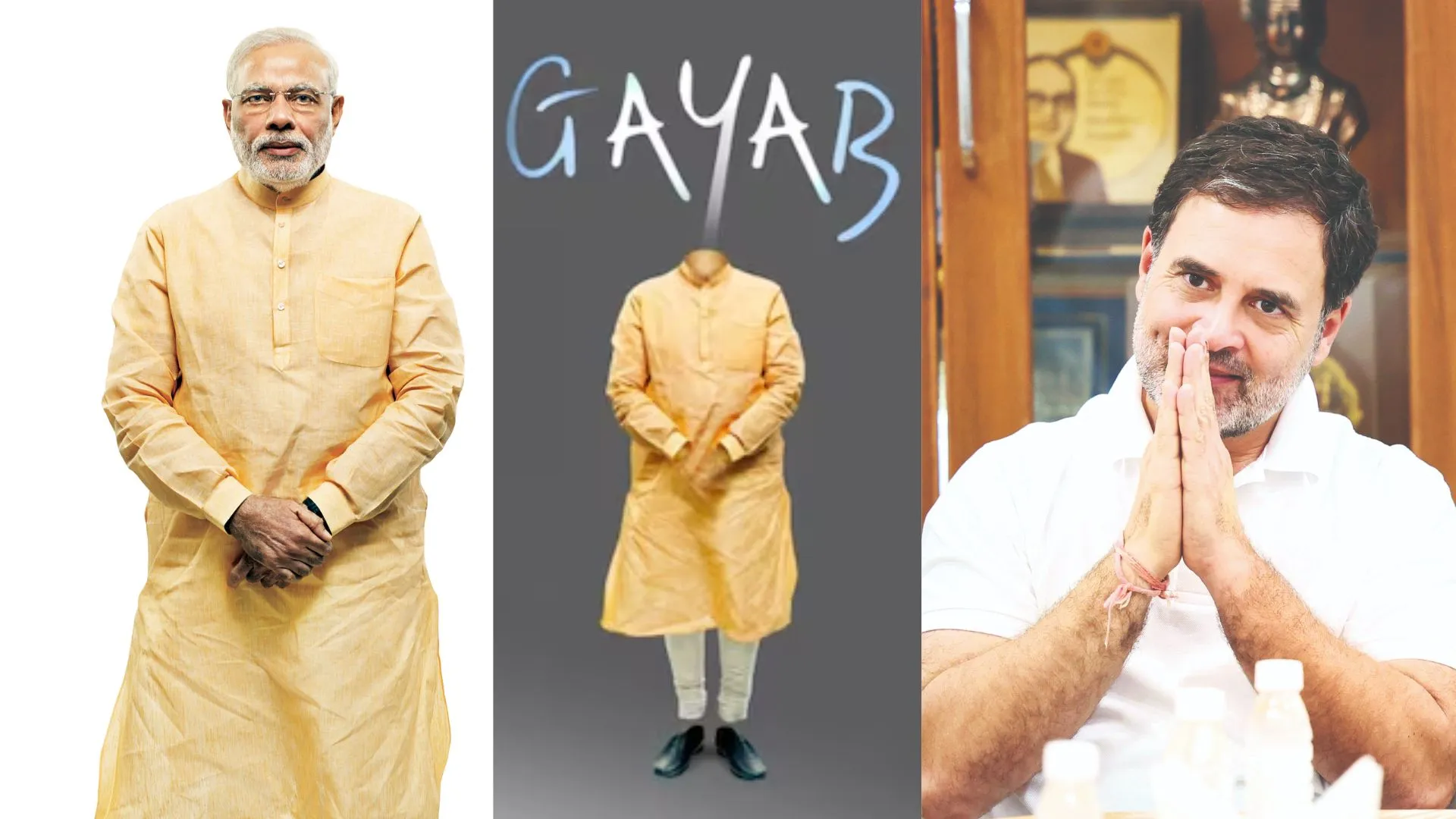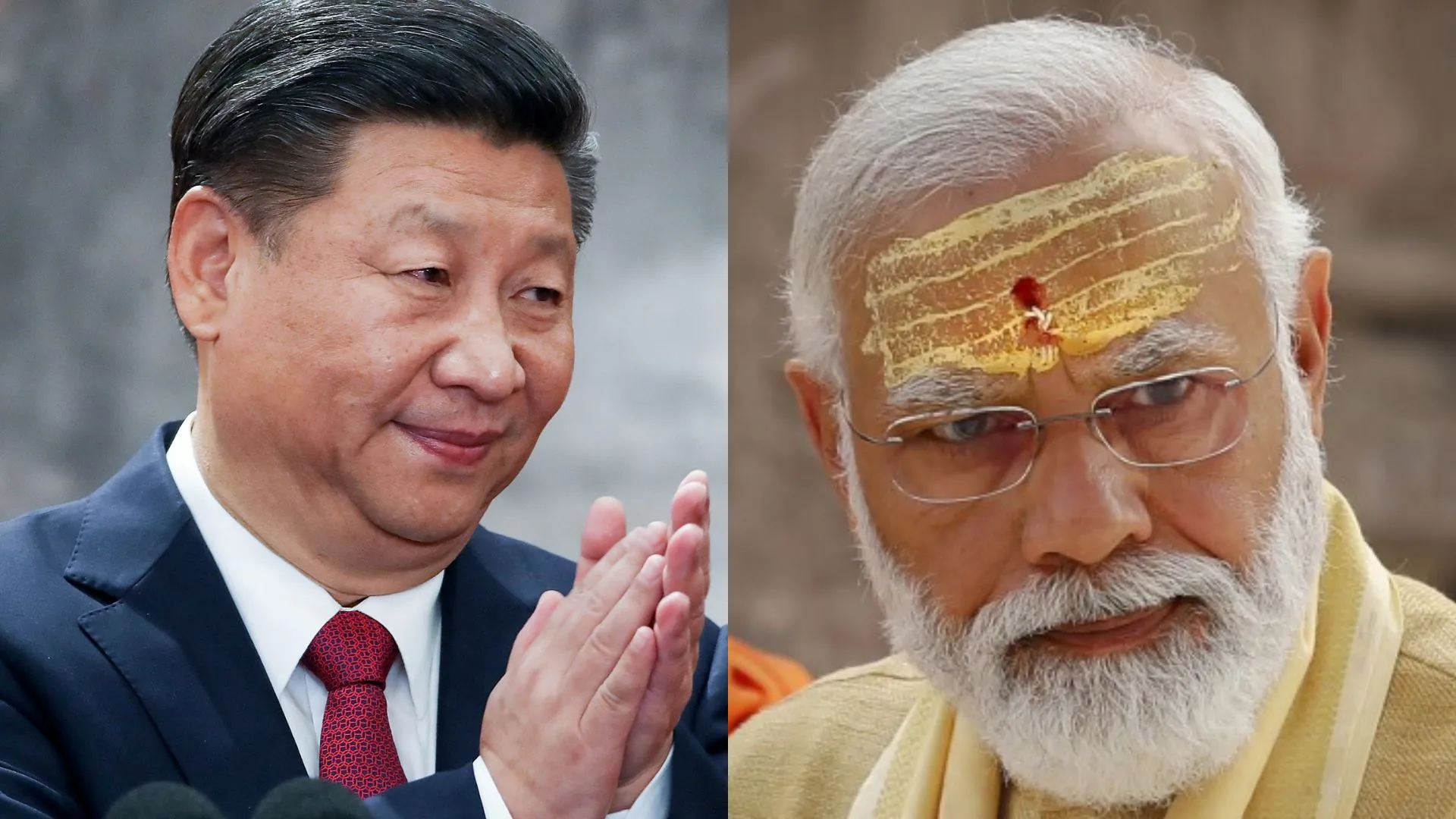The Indian government would aim to keep up its rate of spending to support growth while relying on asset sales and forgoing subsidies to reduce the deficit, according to a survey of experts.
The bond market depends heavily on budget announcements since they have a direct impact on the issuance of bonds for the coming year. The government’s fiscal policy and the plan for fiscal consolidation serve as inputs for monetary policy, which is currently on the verge of switching from rate hikes to pauses. Tax revisions and their effects are closely monitored by the equity market. The market also keeps an eye out for money given or actions made to change rural and urban infrastructure and consumer trends.
The FY24 Union budget will be considered in light of the following factors: a) the need for fiscal consolidation in the face of rising private credit; b) the likelihood that growth will moderate in FY24, which could reduce tax collections; c) the need to address the income weakness in middle-income households; and d) the importance of keeping an eye on the multiplier effects of increased capital expenditures. Fortunately, a significant amount of accounting cleanup has already been completed, and payment backlogs have been resolved.
According to survey respondents, Sitharaman will address issues of rising unemployment and look at supporting the poor and middle class in her final full-year budget before an election season, but she will refrain from spending significantly more than the country can afford in order to support investor sentiment.
In a few days from now, the union finance minister will present the last full budget ahead of the crucial 2024 Lok Sabha polls. As the budget comes ahead of polling season, all eyes are on the Narendra Modi government and it’s key announcements. With India being the fastest growing economy in the world – the budget isn’t just important for Indians. But for those across the world who hope to be in business with our nation. Given the high expectations – what are the key sectors that will be the government’s focus this time? Will the middle class finally get the tax relief it’s been hoping for? What will the government announce for India’s healthcare sector in this post-Covid era? Will India’s startups, fintech and digital sector get a boost? We take some of these expectations forward:
Aam Aadmi And Taxes
- Expectation 1: Tax benefits expected in government’s final full budget ahead of Lok Sabha 2024.
- Expectation 2: Hike in standard deduction to account for the growing cost of living.
- Expectation 3: Increase 80c exemption limit from ₹1.5 lakhs to ₹2 lakhs – ₹2.5 lakhs.
- Expectation 4: Increase 80d limit in medical insurance premiums for senior citizens from ₹50,000 to ₹75,000-1 lakh.
- Expectation 5: Raise of basic exemption level for income tax from ₹2.5 lakhs to ₹5 lakh.
- Expectation 6: Tax relief for individual taxpayers setting up home offices for work from home.
- Expectation 7: Increase deduction limit for interest payment on home loans from ₹2 lakh to ₹5 lakh.
- Expectation 8: Increase limit of principal deduction on housing loans from ₹1.5 lakh to ₹5 lakh.
Indian Healthcare Sector
- Expectation 1: Greater budget allocation to the healthcare sector in budget 2023.
- Expectation 2: Infrastructure status for healthcare sector to create access to low-cost funding.
- Expectation 3: Program to increase supply of medical professionals & doctors to tier 2 & tier 3 cities.
- Expectation 4: Incentivisation & reallocation support to doctors to enable rotation of specialists.
- Expectation 5: Incentivise primary healthcare by increasing tax exemptions on primary healthcare expenditure.
- Expectation 6: Bring all healthcare schemes on a singular platform & enable universal digitization of records.
- Expectation 7: Reduction of GST rate on diagnostic equipment & supplies related to diagnostic texting.
- Expectation 8: Reduction in import duty on sophisticated diagnostics equipment.
Boosting Indian Infrastructure
- Expectation 1: Higher allocation for schemes such as smart cities mission.
- Expectation 2: Allocation of a special budget to build climate-sensitive & climate-smart cities.
- Expectation 3: Incentives and programs to leverage digital and growing technologies like ai to improve urban services.
- Expectation 4: Greater expenditure on on key services such as sanitation and water supply.
- Expectation 5: Increased allocation to roads & highways sector from last year’s rs. 1.99 lakh crore.
Boosting India’s Edu-Tech Sector
- Expectation 1: Removal or reduction in GST rates applicable to educational services.
- Expectation 2: Greater budget allocation for teacher and Anganwadi workers training.
- Expectation 3: PSL benefits to startups working on the Digitisation of schools at a minimal cost.
- Expectation 4: Special allocation for the creation of AR/VR labs and robotics in every school.
- Expectation 5: Initiate more mental wellness schemes to help students with coping strategies & resilience building.
Boosting India’s Start-Up Sector
- Expectation 1: Extend period of incorporation beyond 1 April 2023 to enable new startups tax exemption under 80-IAC.
- Expectation 2: Extend tax holiday period of 3 consecutive years for deduction to 5 years.
- Expectation 3: Remove ₹100 crore turnover condition to be an ‘eligible startup’ in section 80-iac.
- Expectation 4: Weighted deduction can be introduced to allow research and development by startups.
- Expectation 5: Increase period to carry forward and set off losses from 8 years for startups.
Sitharaman would probably have some extra money when the free food programme was ended and the cost of fertiliser subsidies was reduced. Up to nine states will hold elections in 2023, and there will be a national election in the summer of 2024, when Prime Minister Narendra Modi is likely to run for a third term.


